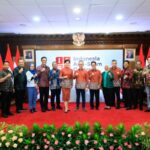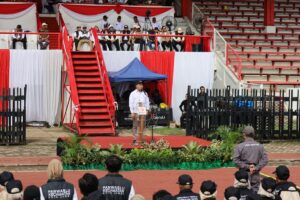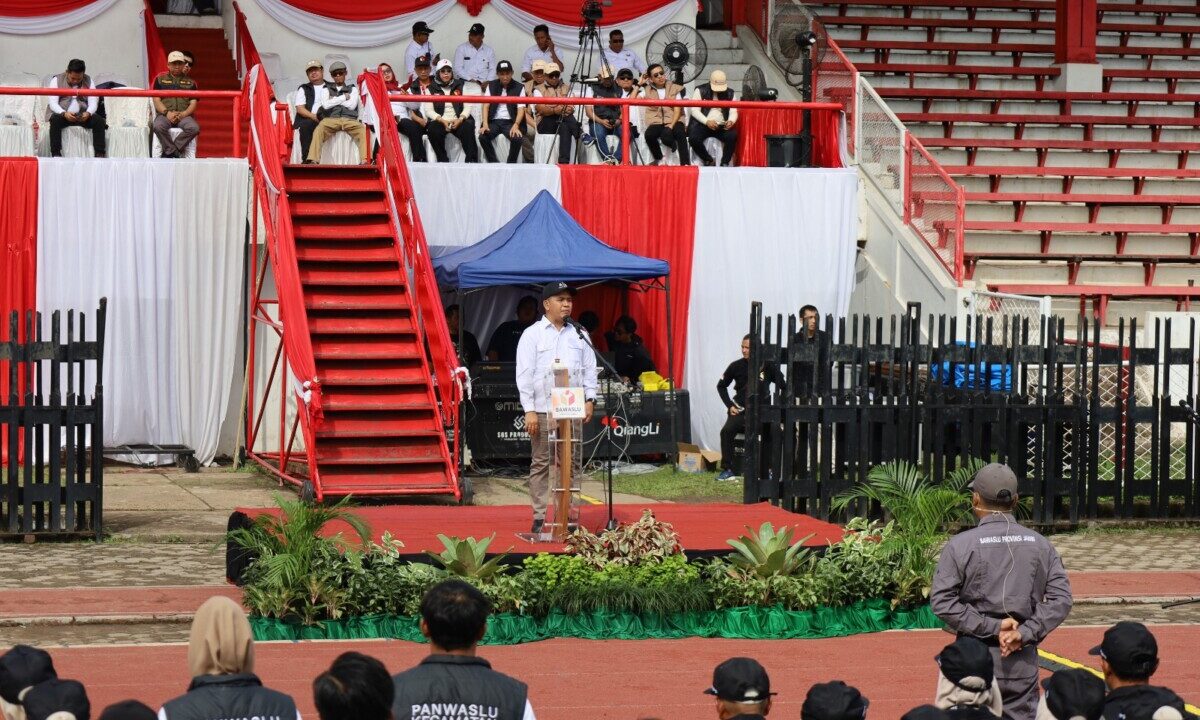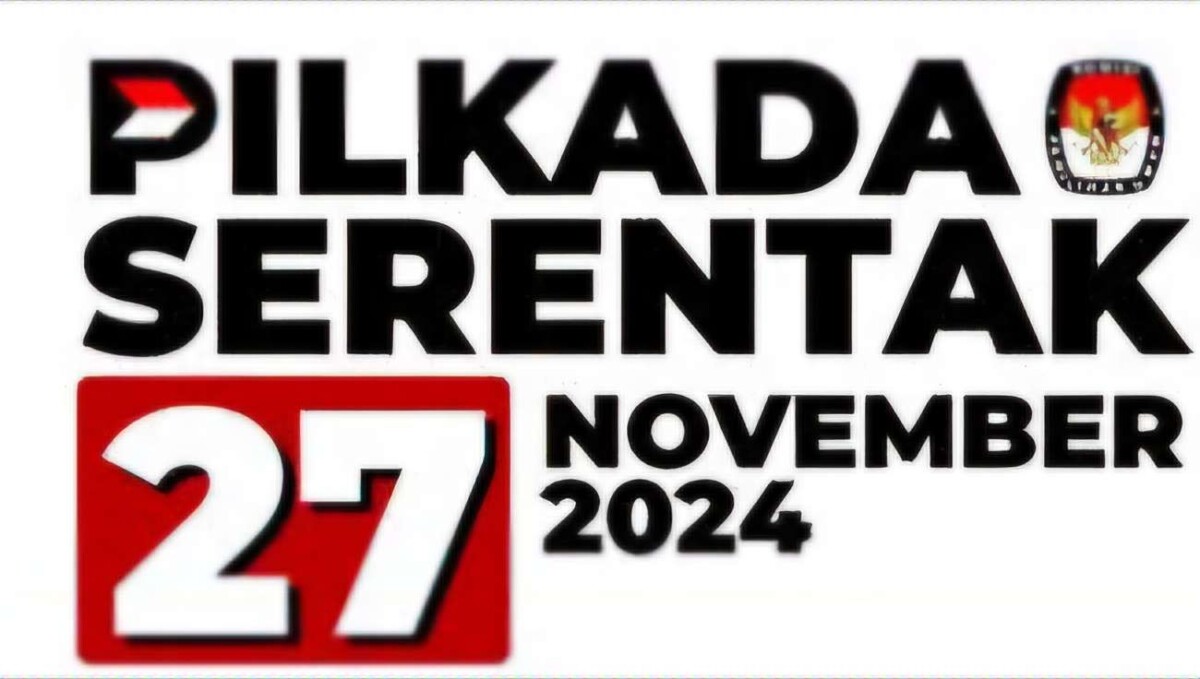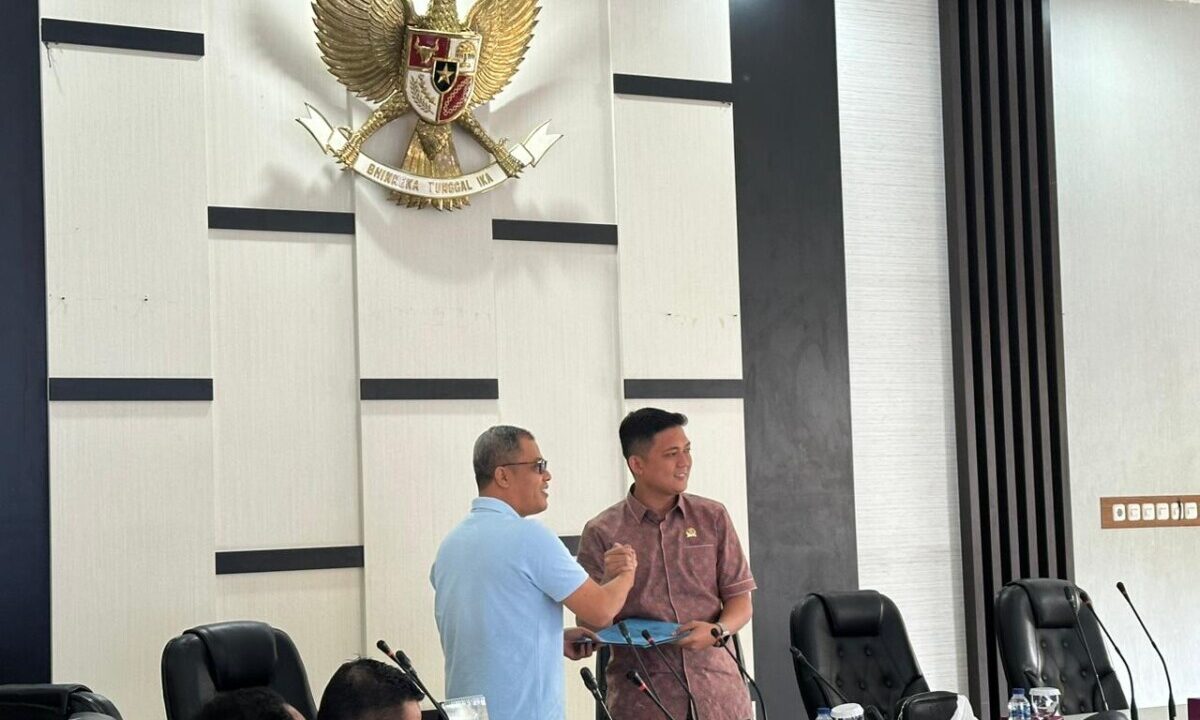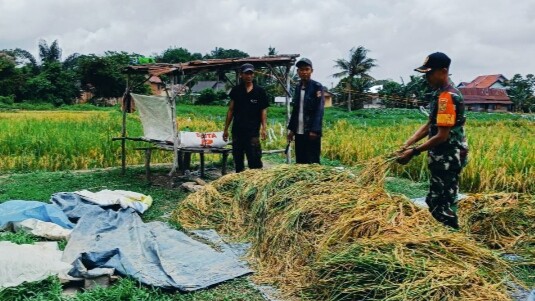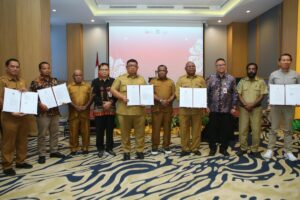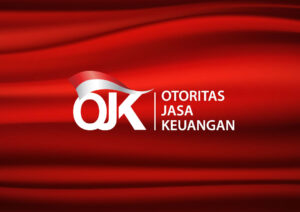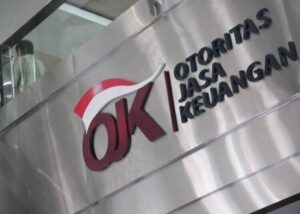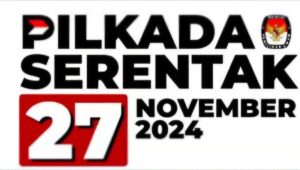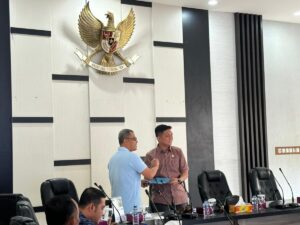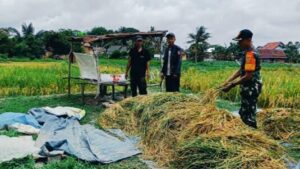Koerintji Barokah Farmers Cooperative Exports 15.9 Tons of Coffee to Belgium
4 min read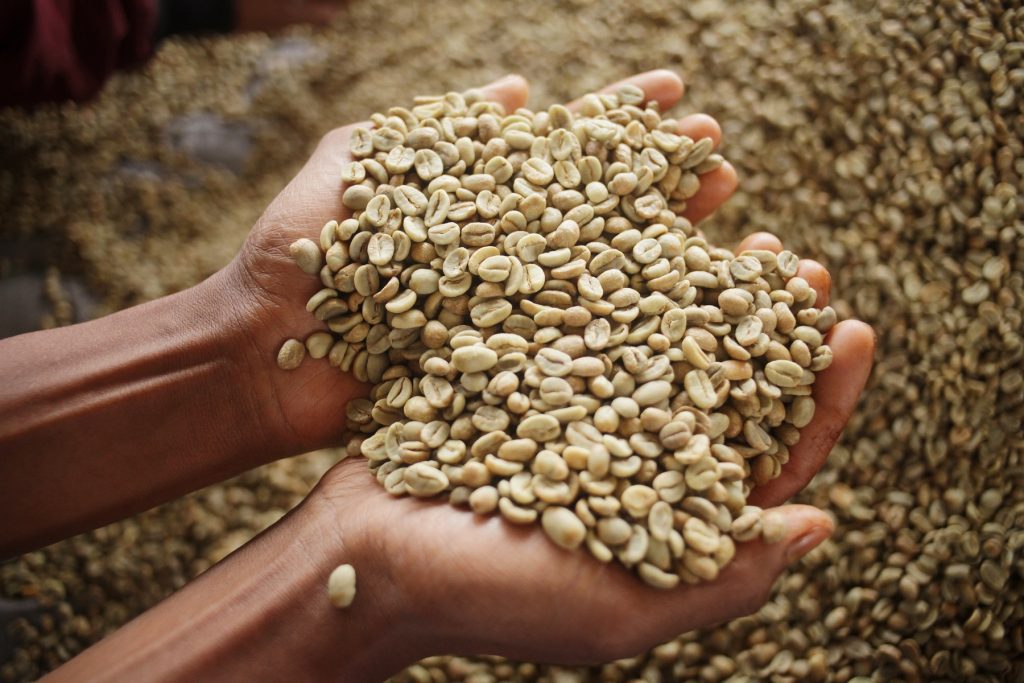
Processed with VSCO with preset
JAMBIDAILY – Kerinci coffee export to Belgium is one of the good news in the midst of a pandemic that is currently affecting the Indonesian and global economy. The Koerintji Barokah Bersama Cooperative, located in Kerinci Regency, Jambi-Indonesia, exports 15.9 tons of Special Arabica coffee to Belgium.
This afternoon, the Jambi Provincial Government and the Indonesian Ministry of Agriculture through the Agricultural Quarantine Agency held the inaugural Export Ceremony of Kerinci Coffee at the Talang Duku Port. The event was opened by the Governor of Jambi and was attended by representatives of relevant agencies, Bank Indonesia, along with Rikolto, an NGO that accompanied the Barokah Koerintji Cooperative and empowered small farmers in Indonesia for more than 50 years.
Jambi Governor H. Fachori Umar stated that Jambi Province has great potential to develop community plantation commodities, such as coffee, cinnamon, rubber, areca nut and coconut. “One of the assistance from the farmers’ organization by Rikolto is helping to bridge the coffee farmers in Jambi to enter the European market. We want to invite farmer organizations to continue to improve the quality of coffee, as well as better and environmentally friendly cultivation practices, so that farmers’ incomes also increase in a sustainable manner. ”
The Koerintji Barokah Cooperative will send 290 bags of coffee (15.9 tons) of Arabica Specialties in 5 process variants to ‘Sucafina Specialty’, a coffee company based in Antwerp, Belgium, which connects quality coffee from farmer organizations to roasters in the Asia Pacific region, USA , Europe, the Middle East and Africa. Although this time the export is the first export carried out independently by the Koperasi Koerintji Barokah, the Cooperative has managed to sell its coffee to the international market since 2017, namely three times to Belgium, as well as to the United States and Hong Kong. This year, in addition to Belgium, the Koerintji Barokah Cooperative will also export its coffee to Australia in August.
Empowering farmer organizations to enter international markets
At present, the Koerintji Barokah Cooperative consists of 320 farmers spread across Gunung Tujuh, Kayu Aro and Kayu Aro Barat Districts with an area of around 140 hectares. This cooperative was formed in June 2017 in cooperation with coffee farmers, the local government and Rikolto to empower local farmers and develop coffee commodities through environmentally friendly cultivation practices.
“Koerintji Barokah Cooperative is consistent with quality and continues to innovate. That’s what makes our coffee superior until now and its quality is trusted by buyers, “said Triyono, chairman of the Barokah Koerintji Cooperative. “My hope is that more farmers can join so that the volume increases and we can meet market demand. Besides that, farmers can also join in prosperity to get the price obtained by Barokah. ”
The quality and consistency of the Barerah Koerintji Cooperative made them survive in the pandemic. Even though the price of coffee has decreased, orders are still there so farmers can still get income.
The success of the Barerah Koerintji Cooperative in entering the export market cannot be separated from the cross-cutting role of the government, private sector, and NGOs. In addition to the assistance and capacity building undertaken by Rikolto, the Koerintji Barokah Cooperative received assistance from processing facilities from the Jambi Provincial Plantation Office and Bank Indonesia.
The opportunity for Kerinci coffee export is also supported by the existence of the Geographical Indication Certificate of Sumatra Koerintji Arabica Coffee. This Geographical Indication Certificate helps guarantee the authenticity of the product thereby increasing the confidence of buyers especially those from abroad.
Protecting the environment through the Payment for Environmental Services program
Rikolto develops farmers’ capacity in food cultivation by introducing environmentally friendly agricultural systems, including through the Payment for Ecosystem Services (PES) initiative.
This program was implemented in Jambi together with the Koerintji Barokah Cooperative where Rikolto integrated the development of coffee cultivation with the conservation efforts of the Kerinci Seblat National Park (TNKS). Through this program, Rikolto invites the buyer to contribute in preserving the environment supporting coffee cultivation. For farmer organizations, this program can help improve the quality of their plantations and add value in meeting the quality standards of international markets.
In October, there will be planting 600 tree seedlings as a result of a fundraising drive from Sucafina that will function as a shade tree in the coffee estate of the Koerintji Barokah Cooperative. This is a form of Sucafina’s good efforts in preserving the environment of the coffee plantation.
“We are proud of the success of the Koerintji Barokah Cooperative in developing a good quality coffee business, which helps its member farmers get a decent income from their coffee. Cross-sectoral collaboration between farmer organizations, government and private sector is key in encouraging farmer organizations to enter the global market through sustainable agricultural practices, “said Catur Utami Dewi, Regional Director of Rikolto in Indonesia.
Powered by: google translate







